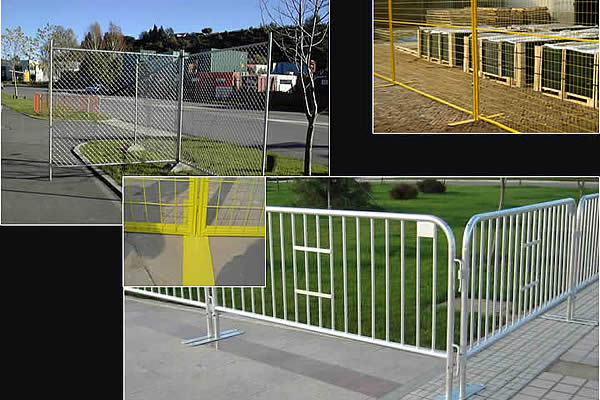 TEL:
+86-13102802206
TEL:
+86-13102802206
 Email:
fencenetting@china.com
Email:
fencenetting@china.com
 Language
Language
 TEL:
+86-13102802206
TEL:
+86-13102802206
 Email:
fencenetting@china.com
Email:
fencenetting@china.com
 Language
Language


The Beauty and Functionality of Gabion Garden Walls
In recent years, the popularity of gabion garden walls has surged, offering homeowners a unique blend of natural aesthetics and functional landscaping solutions. A gabion wall is a structure made of wire mesh filled with rocks, stones, or other materials. Initially used for erosion control and civil engineering purposes, these walls have now become a favored choice for gardening and landscaping due to their versatility and visual appeal.
One of the primary advantages of gabion walls is their durability. Constructed from sturdy wire cages and filled with robust materials, they can withstand harsh weather conditions and resist the tests of time better than traditional wood or concrete structures. This makes them an excellent investment for those looking to enhance their garden without having to worry about frequent repairs or replacements.
Aesthetically, gabion walls offer endless creative possibilities. Homeowners can choose the type of stones or materials used for filling based on their personal taste and the overall theme of their garden. From polished river stones that lend an elegant touch to rugged boulders that provide a more natural look, the options are varied and customizable. Additionally, the variability in color and texture can create stunning visual contrasts against greenery, flowers, and other landscaping features. The outcome is a unique garden element that reflects the owner's style while harmonizing with the natural environment.

Furthermore, gabion garden walls are not just beautiful; they are also functional. They can serve various purposes in a garden setting, such as acting as retaining walls for sloped areas or creating raised beds for plants. Their structural integrity enables them to hold back soil effectively, preventing erosion and promoting healthier plant growth. Additionally, the hollow spaces within the gabions can be utilized for drainage, allowing rainwater to flow through and reducing water accumulation around delicate plant roots.
Another benefit of gabion walls is their environmental friendliness. The use of natural stones and other materials makes them a sustainable option compared to manufactured materials like concrete. Furthermore, the holes in the wire mesh allow for air circulation and water permeability, which contributes positively to the ecological balance of the garden. This characteristic can be especially beneficial in promoting biodiversity, creating habitats for various small creatures and insects that are essential for a healthy garden ecosystem.
Maintenance of gabion walls is relatively simple, which adds to their appeal. Unlike wooden structures that may require staining or sealing, gabion walls need little more than occasional inspections to ensure the wire mesh remains intact. Should any stones shift or become dislodged, replacing them is straightforward and can usually be done without professional assistance.
In conclusion, gabion garden walls represent an innovative and aesthetically pleasing option for enhancing outdoor spaces. Their durability, versatility, and eco-friendliness make them an attractive choice for modern gardeners looking to combine form and function. Whether used for retaining soil, creating garden beds, or simply as decorative elements, gabion walls are sure to elevate the beauty of any landscape. With their ability to seamlessly blend into natural environments while providing structural integrity, gabion walls truly deserve a prominent place in contemporary gardening design. For those considering an upgrade or a fresh approach to their landscaping, exploring the possibilities with gabion walls may lead to inspired results that beautifully marry nature with craftsmanship.